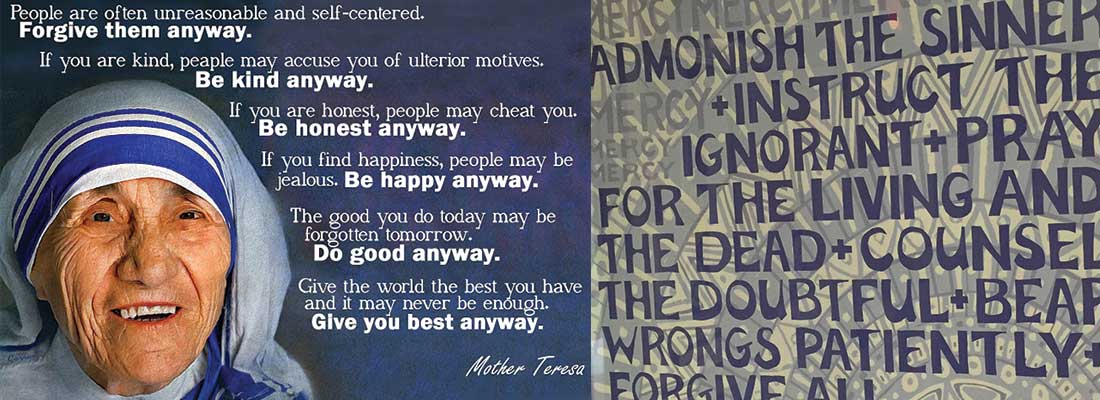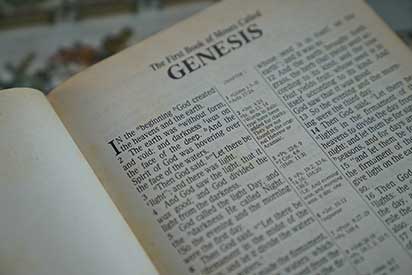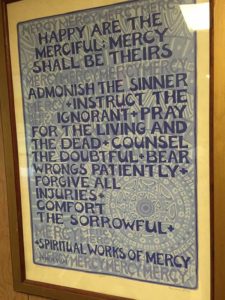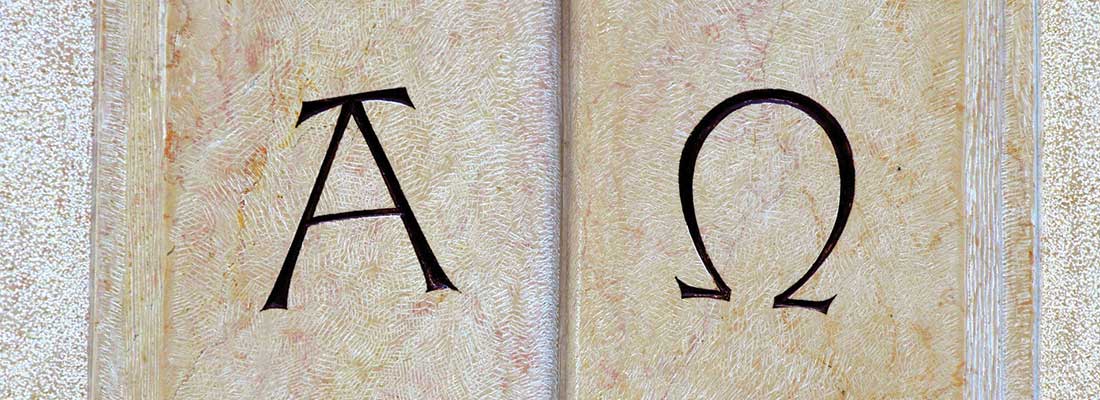
Along the Way we come to understand that, just as we were guided and helped by those who travelled before us, we must offer help and guidance to those who join us and follow us. That is the ongoing virtue tradition, one that is the legacy from each proceeding generation to every one that follows. We do that by performing works of mercy such as caring for the less fortunate, teaching the uninformed and forgiving those who have offended us.
When we do these good works in such service we give testimony, using words and actions, as witnesses to the joyous fulfillment one can realize by becoming a pilgrim.
During our journey we will explore much of God’s creation and His Cardinal Virtues
We seek a deeper faith-filled relationship with Jesus Christ, with each other and with the world. In this effort, we will use the historic tools of our Church:
Sacred Scripture: the Word of God manifest in the Bible

Sacred Tradition, to help us more fully understand the Word

Catechism, our playbook or manual
Since humanity has lived in a fallen world after the first sin, our faith tradition could not have lasted without the tender merciful care of our brothers and sisters.

Jesus said, “By your fruits they shall know you”
As important as they are, the Christian faith did not grow because of brilliant theological doctrines; rather, it was the simple acts of charity that attracted increasing numbers throughout Christianity's history. The greatest example of tender loving mercy in our time has been Mother Teresa. It is worth noting that the great works of Saint Teresa and her organization were made possible in part because of the help of many generous donors, showing how mercy can come in many forms.

Corporal Works of Mercy

- To feed the hungry
- To give water to the thirsty
- To clothe the naked
- To shelter the homeless
- To visit the sick
- To visit the imprisoned, or ransom the captive
- To bury the dead
The Spiritual Works of Mercy

- To instruct the ignorant (those who do not know)
- To counsel the doubtful
- To admonish the sinners
- To bear patiently those who wrong us
- To forgive offenses
- To comfort the afflicted
- To pray for the living and the dead

 One way to help understand the difference between Plato and Aristotle would be to watch a sporting event on television. In many cases, either the play-by-play announcer or sideline reporter simply report the facts of the game, while the color commentator adds “color” by putting flesh on the bones of those facts. In many cases, the first two individuals know about the game but never played in one, making their “knowledge” theoretical. The commentator, on the other hand, can add that color because he knows the game from having played in many. Therefore experience, and the first-hand knowledge gained from it, is one of the key differences between the teacher and his former student.
One way to help understand the difference between Plato and Aristotle would be to watch a sporting event on television. In many cases, either the play-by-play announcer or sideline reporter simply report the facts of the game, while the color commentator adds “color” by putting flesh on the bones of those facts. In many cases, the first two individuals know about the game but never played in one, making their “knowledge” theoretical. The commentator, on the other hand, can add that color because he knows the game from having played in many. Therefore experience, and the first-hand knowledge gained from it, is one of the key differences between the teacher and his former student. Off to the left of those two philosophers we can see Socrates, who seems to be engaged in the famous “dialogue.” His Socratic question and answer discussions helped participants discover the highest truth he believed was within each of us and which needed to be brought out in order for us to live the good (i.e., moral) life. This “Socratic dialogue” is known as “maieutics”, or midwifery, as it helps to birth the truth. It is also in contrast with the Sophists, whose relativistic beliefs about truth Socrates sharply criticized. One must be careful not to misunderstand Socrates’ understanding of truth, and think it means each person has his own “truth” as this would therefore make it relative. The philosopher believed truth to be an objective and eternal reality that is inscribed upon our soul, and not something each of us creates in the form of an opinion about what we believe. But do the virtues of philosophy bring us to the highest truth, limited as it is to reason and the senses?
Off to the left of those two philosophers we can see Socrates, who seems to be engaged in the famous “dialogue.” His Socratic question and answer discussions helped participants discover the highest truth he believed was within each of us and which needed to be brought out in order for us to live the good (i.e., moral) life. This “Socratic dialogue” is known as “maieutics”, or midwifery, as it helps to birth the truth. It is also in contrast with the Sophists, whose relativistic beliefs about truth Socrates sharply criticized. One must be careful not to misunderstand Socrates’ understanding of truth, and think it means each person has his own “truth” as this would therefore make it relative. The philosopher believed truth to be an objective and eternal reality that is inscribed upon our soul, and not something each of us creates in the form of an opinion about what we believe. But do the virtues of philosophy bring us to the highest truth, limited as it is to reason and the senses? Of course the greatest example of this is found in the Gospel of John, with the evangelist’s inspired words affirming, “Greater love has no man than this, that a man lay down his life for his friends.” And no greater demonstration of this love exists, than when Jesus lay down his body on that cross. Behind all this love is the love of God, who thought enough of his creation that he would send down His Son in order to save us—for Him.
Of course the greatest example of this is found in the Gospel of John, with the evangelist’s inspired words affirming, “Greater love has no man than this, that a man lay down his life for his friends.” And no greater demonstration of this love exists, than when Jesus lay down his body on that cross. Behind all this love is the love of God, who thought enough of his creation that he would send down His Son in order to save us—for Him.
